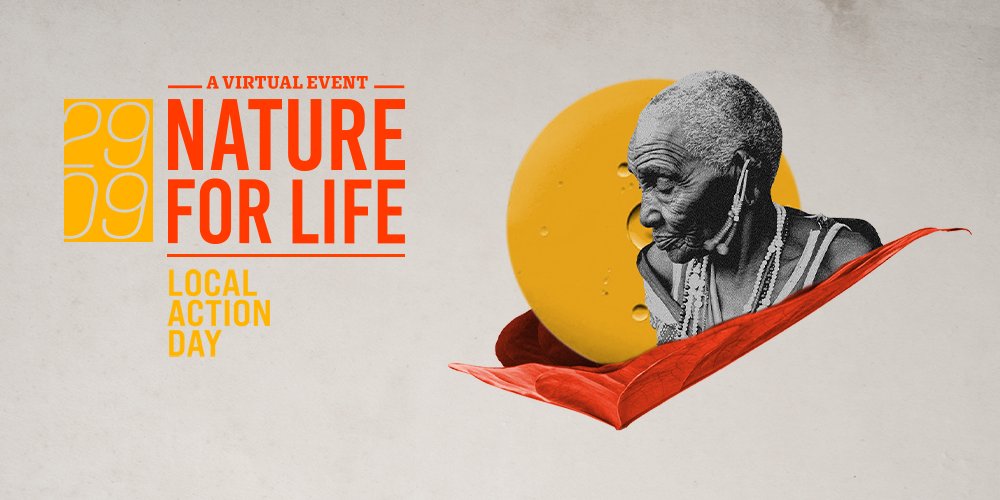More than 70% of planet. Untold biodiversity. Food for over a billion. 100s of millions of jobs. It's so important we take care of our ocean.
For #WorldOceansDay2020, our team around the globe has shared hopes for the future: bit.ly/2MAGWXJ
For #WorldOceansDay2020, our team around the globe has shared hopes for the future: bit.ly/2MAGWXJ

From Fiji: We must come together around a new vision for our ocean, says @smangubhai of @wcsfiji. The old norm does not work. "We see inequity widening all over the world." #WorldOceansDay2020
From New York: May #WorldOceansDay2020 inspire us, inspire our leaders, to take the initiative and really start protecting & rehabilitating the ocean, says Jasmine Crowell of @nyaquarium.
From Mombasa, Kenya: WCS's Remy Oddenyo hopes for the adoption of more sustainable practices so we can meet our development targets. bit.ly/2MAGWXJ #WorldOceansDay2020
From Papua New Guinea: "If we want the ocean to continue to support us, we need to take care of it," says WCS's July Kuri. bit.ly/2MAGWXJ @WCSPNG #WorldOceansWeek2020 #ProtectOurHome
From New York: Jake LaBelle of the @nyaquarium (and his assistant) say #WorldOceansDay2020 should be a reminder of the value of the ocean for this and future generations. More: bit.ly/2MAGWXJ
From Melanesia: WCS's @StacyDJupiter wishes for us to come together across all sectors to figure out how we can manage our #ocean sustainably. bit.ly/2MAGWXJ #WorldOceansDay #ProtectOurHome
From Kenya: "This #WorldOceansDay I urge all our leaders globally to commit resources to fight #climatechange and promote sustainable ocean management," says Jane Nyanapah from our Kenya Marine Program.
From Papua New Guinea: WCS's Uali Kula, shark and ray researcher, on all the ocean provides. More: bit.ly/2MAGWXJ #WorldOceansDay2020 #ProtectOurHome @WCSPNG
• • •
Missing some Tweet in this thread? You can try to
force a refresh
















